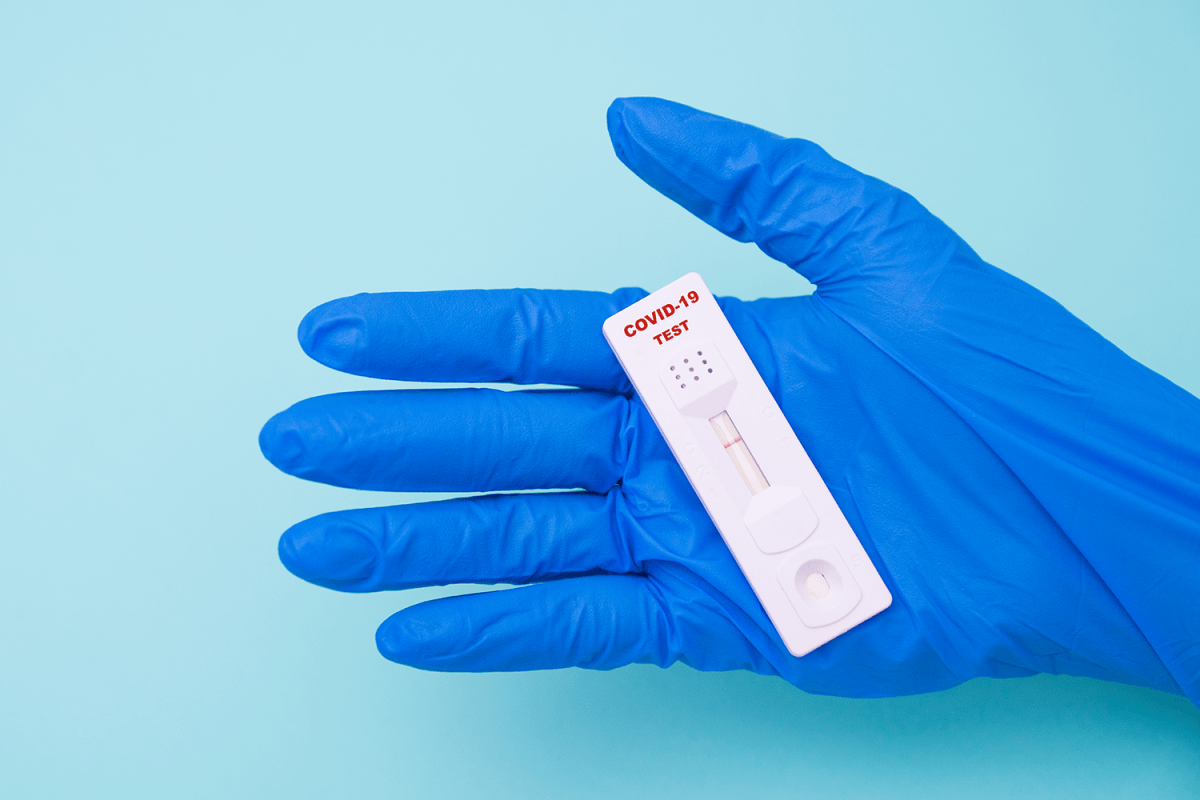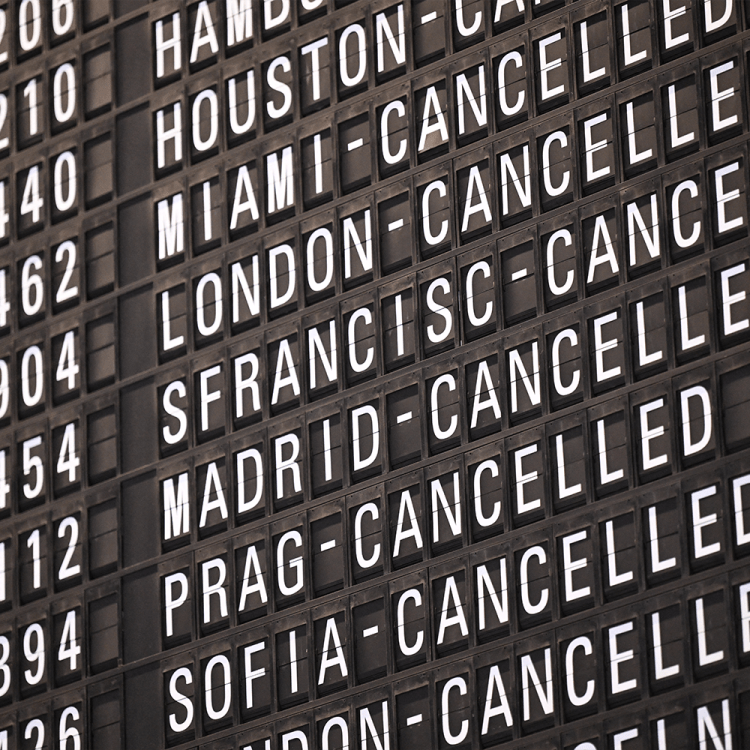This past weekend, the CDC announced that it would officially be shortening the recommended time of isolation for asymptomatic people with COVID-19 from 10 days to just five, followed by another five days of mask wearing in public. After nearly two years of adhering to the former, the news was unsurprisingly met with mixed emotions — shock, anger and disbelief chief among them.
Later, those emotions would pave the way for a series of quips pointed at the CDC on social media, mostly pertaining to the idea that the guidelines are prioritizing workplace expectations over the health of employees.
Flight attendants were among the first in line to take the CDC to task (it should come as no surprise that airline executives were among the various lobbyists requesting that quarantine parameters be relaxed).
“We said we wanted to hear from medical professionals on the best guidance for quarantine, not from corporate America advocating for a shortened period due to staffing shortages,” said Association of Flight Attendants-CWA International President Sara Nelson. “The CDC gave a medical explanation about why the agency has decided to reduce the quarantine requirements from 10 to five days, but the fact that it aligns with the number of days pushed by corporate America is less than reassuring.”
Based on inconsistencies in the handling of the vaccine mandate across the major airlines, however, it stands to reason that the new quarantine recommendation will be applied on a case-by-case basis, particularly as it’s not immediately obvious what airlines have to gain from staff isolating for a lesser period of time — at least in the long term. Over the course of the past few weeks, hundreds of flights have been canceled due to COVID outbreaks among flight crews. Bring infected staffers back from quarantine prematurely not only puts passengers at risk, but the remaining employees, too, which — one would think — would only perpetuate the cycle of cancellations.
But increased potential for exposure aside, you might be wondering how the new quarantine recommendation will impact your future travel plans. The short answer? It likely won’t.
That’s largely because, as Ashley Kosciolek pointed out, it’s still true that in order to enter the country by air, passengers must test negative within one day of their scheduled departure unless they’ve procured written consent from a health care provider stating otherwise. And even in the event of the latter, you still might run into some trouble come time to check-in, as many airlines require you to confirm that you are COVID negative. Delta, for example, asks passengers for verification that they haven’t been diagnosed with COVID within the past 10 days. So even if you have quarantined for the suggested five-day period, you might still be denied access to board an aircraft.
To date, it doesn’t appear that any other policy changes have been made, namely to testing requirements, to accompany the new quarantine recommendation. So for now, you should still plan to isolate for a minimum of 10 days should you test positive abroad … and hope that your flight attendants are allowed to do the same.
Thanks for reading InsideHook. Sign up for our daily newsletter and be in the know.


















